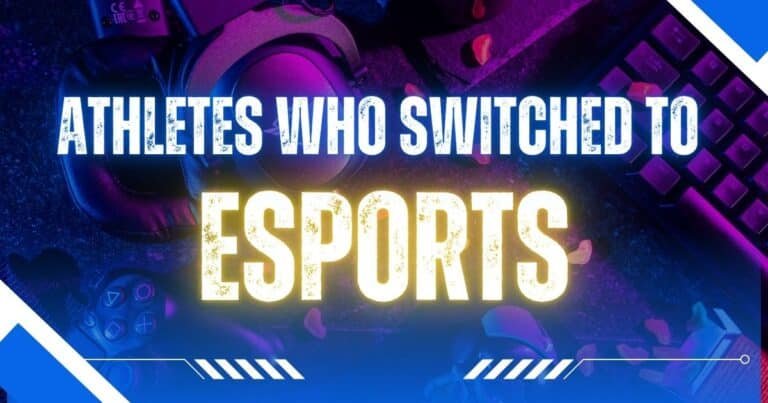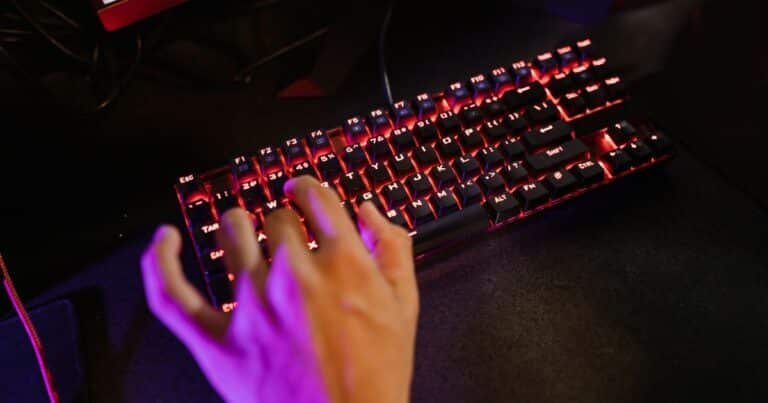As competitive gaming explodes into a billion-dollar industry, concerns and debates grow around the health impacts of esports on players. Critics point to issues like sedentary lifestyles and repetitive strain injuries. But proponents argue gaming builds skillsets while fostering community.
The truth resists one-sided narratives. Moderate, thoughtful esports engagement may offer cognitive, motivational, and social benefits for fans and competitors. But excessive, unbalanced play carries physical and psychological risks. Moderation and healthy habits allow enjoying esports benefits while mitigating downsides.
This piece examines key research around the potential physical, mental, and social health impacts of gaming and esports – both supportive and cautionary. While incomplete, the science reveals esports effects mirror many activities – with outcomes heavily shaped by dosage, attitude, and context.
Physical Health Concerns Around Gaming
Like most sedentary activities, prolonged esports play poses some physical health risks including:
- Obesity – Inactivity from extended playtime could increase obesity likelihood if replacing physical activity and not paired with a healthy overall lifestyle. But gaming is just one of many sedentary hobbies.
- Eyesight issues – Staring at screens to play for many hours may correlate with worsening vision over time. But research here remains limited. Preventive blue light glasses can help minimize eye strain.
- Deep vein thrombosis – Extended immobility could also theoretically increase risks of blood clots in veins, though again data directly tying gaming to incidents is scarce. Simple movement exercises between matches reduce this concern.
- Repetitive stress injuries – Intensive gaming may contribute to pain or strains in hands, wrists, or joints from repetitive motions. Proper ergonomics and breaks are preventive.
Moderating game time and pairing esports with general fitness and eye care minimizes these potential downsides for both elite players and fans.
Cognitive Boosts from Gaming and Esports
Research also indicates various neurological benefits stemming from gaming in moderation:
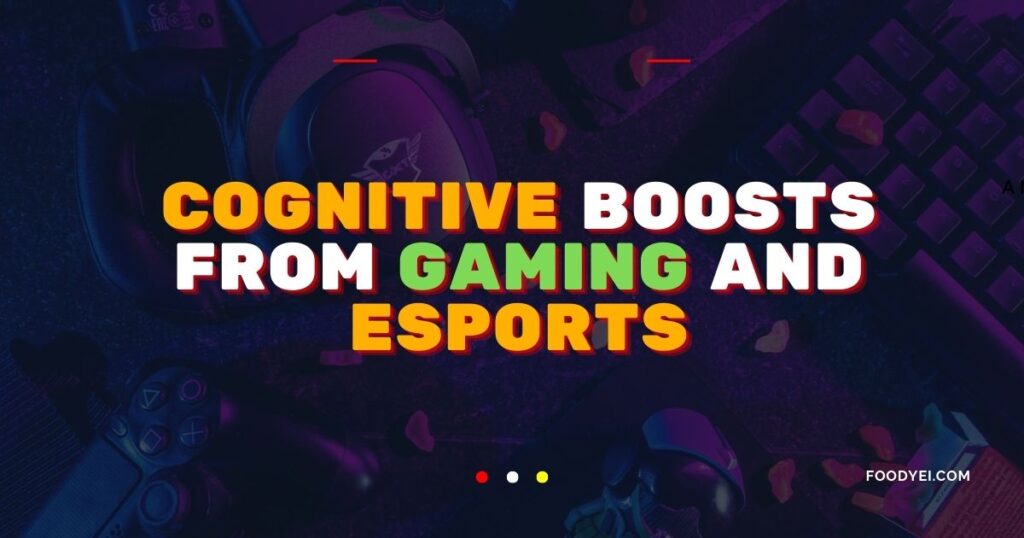
- Enhanced cognition – Studies correlated gaming with improved memory formation, attention span, and problem-solving capabilities. Fast decision-making games like shooters or strategy games showed particular benefits.
- Increased mental stamina – Mastering complex gameplay mechanics plausibly enhances mental endurance, focus, and multitasking skills over time through training effects.
- Hand-eye coordination – Precision gaming genres improve hand-eye synchronization, fine motor control, and reaction time through immersive gameplay.
- Spatial skills – Navigating 3D environments and managing on-screen perspectives may build valuable spatial abilities and awareness.
- Creativity – Free-form sandbox and creation games allow constructive self-expression and imagination. Competitive games also train quick strategizing.
Both methodical and fast-paced gameplay appear to hone distinct mental faculties, much like chess develops different strengths than basketball.
Social and Emotional Upsides of Gaming
Today’s gaming culture also frequently provides social outlets and emotional bonding, especially for younger demographics:
- Community – Multiplayer games foster friendship and camaraderie between teammates, potentially creating long-lasting bonds. Social support aids mental health.
- Teamwork – Playing cooperatively in groups teaches effective communication, role specialization, and conflict management – valuable soft skills.
- Inclusion – Gaming presents shared fields of interaction that can transcend demographics. Passion for play unites people.
- Emotional outlets – Customizable avatars, creative game modes, and roleplaying options allow safe self-expression.
- Culture touchpoints – Shared gaming interest provides common ground for generational bonding. Parents playing with children strengthens family ties.
Relative to passive entertainment like films, gaming’s interactive communities better fulfill social and emotional needs, especially for digital natives.
Potential Mental and Behavioral Risks
However, experts caution against the unchecked obsession with games replacing real balance and connections:
- Addiction – For some players, compulsive video gaming may provide escapism from real psychological troubles or responsibilities.
- Toxicity – Anti-social elements like bullying, discrimination, aggression, and even predation remain issues, especially with anonymity.
- Antisocial withdrawal – Allowing games to completely substitute for in-person interactions and activity risks harmful social isolation long-term.
- Violent content – Research on links between game violence and real aggression/desensitization remains hotly debated in psychology. Findings appear mixed.
- Gambling risks – Randomized loot box rewards and skins betting nurture gambling tendencies for some susceptible individuals. Unregulated black market sites exacerbate this.
These factors make practicing moderation and parental guidance important, particularly for children still emotionally maturing. But balanced engagement proves key for any pastime.
Optimizing Health Through Moderation and Lifestyle Choices
While no activity is perfectly healthy in isolation, wise habits, and balance allow enjoying esports benefits while minimizing any downsides:
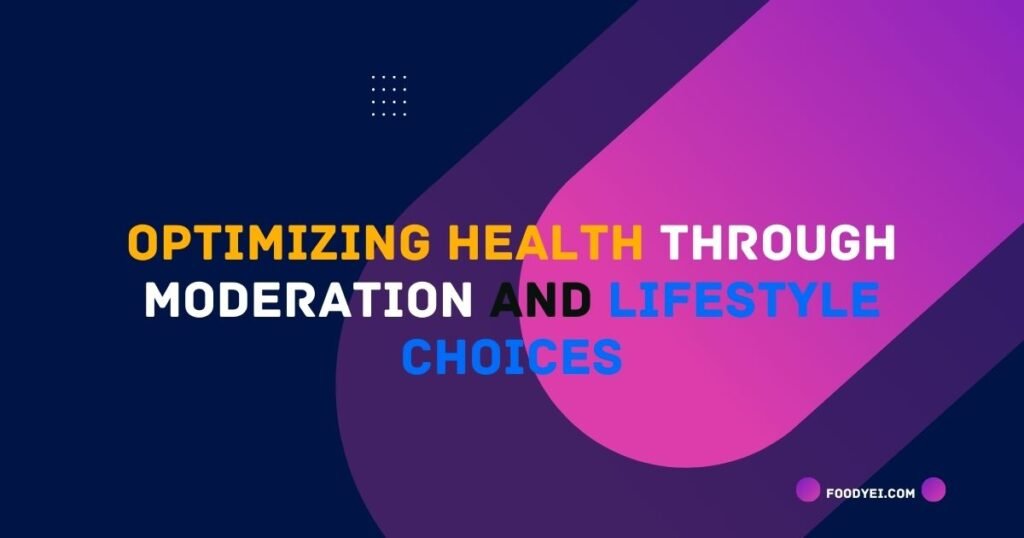
- Practicing moderation with session length and frequency to allow diverse life activities. Take regular breaks.
- Maintaining physical activity to complement gaming with exercise for holistic fitness.
- Proper posture and ergonomics using supportive chairs and wrist rests avoids injury.
- Healthy sleep routines ensure gaming does not impede sleep duration or consistency.
- Encouraging socializing alongside gaming prevents isolation.
- Mental health awareness helps notice if gaming provides an escape from necessary priorities.
- Guiding children appropriately by moderating screen time and game content to set healthy habits early.
With thoughtful habits, fans can game vibrantly. But sustainability remains key for any pastime taken to extremes. As with most activities, the dose makes the poison.
The Real Controversy: Gaming vs. Passive Screen Time
Stepping back, gaming seems most concerning when replacing physical activity and direct social interaction – things growing rarer for digitally immersed generations already spending over 7 hours daily on screens. Sedentary lifestyles threaten health regardless of type.
Here gaming has an advantage over truly passive screen activities like browsing social media, streaming videos, or consuming content. Interactive gameplay builds mental, emotional, and social activity even within physical confines. Learning and achievement retain innate appeal.
Perhaps the solution lies not in discouraging gaming per se but in redistributing excessive passive screen time toward more participatory activities like esports and traditional sports that engage minds, hands, and hearts alike. This maintains digital inclusiveness while balancing screen harms.
The Future of Healthy Esports
With gaming participation spanning casual play to professional competition, promoting healthy gaming and esports remains multifaceted:
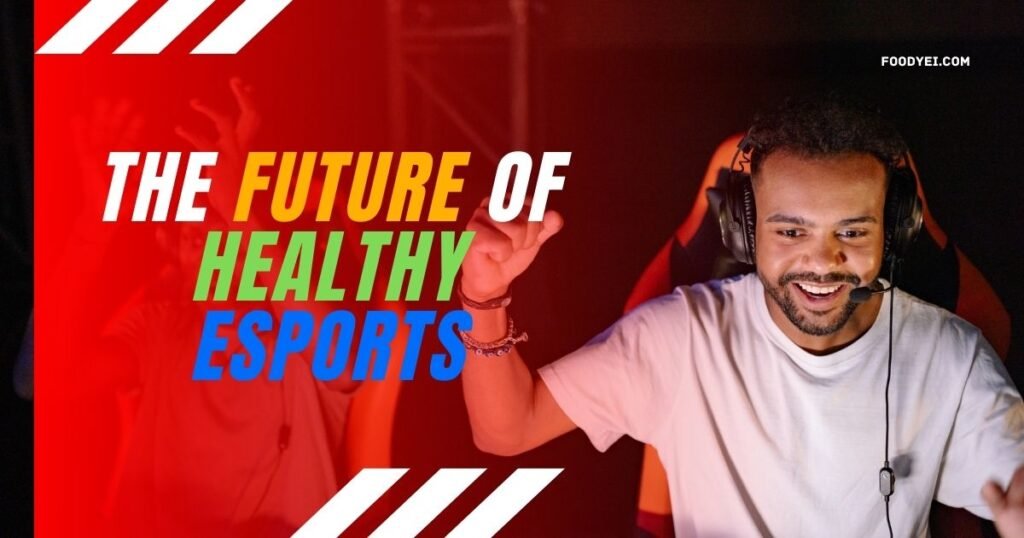
- At the highest levels, ensuring player well-being through protections, work-life balance, facilities, and healthcare help pros thrive.
- For amateurs, encouraging lifestyle priorities via smart parental and gamer habits maximizes benefits while avoiding harm.
- For the industry, championing non-toxic gaming cultures and thoughtful content policies cultivates socially-conscious communities.
- Through medical research, identifying links between activities and health outcomes informs practices balancing entertainment with sustainability.
Proactively embracing this responsibility to gamers promises an even brighter future where esports enriches lives by bringing people together through the spirit of play.
Frequently Asked Questions About The Health Impacts of Esports
Do elite esports players face burnout similar to traditional athletes?
Absolutely. The mental pressures and training demands involved at professional levels produce similar strains. Teams must prioritize rest, work-life balance, counseling and staff support.
Do collegiate varsity esports programs help gamers stay healthy?
Yes, organized varsity structures allow healthier training regimens, fitness incentives, medical support, and balanced lifestyles versus excessive grinding. This improves student-athlete well-being.
Can virtual reality gaming harm children’s eye development?
While more research is needed, some doctors recommend limiting VR gaming for very young children until we better understand the effects on vision development. Moderation is wise.
Do gaming disorders qualify as a recognized mental health condition?
Yes, the WHO includes gaming disorders related to addictive online and offline gaming as a classified diagnosis in their International Classification of Diseases standards.
Why do some games trigger aggression or toxicity more than others?
Games focused on realistic violence, competitive intensity or anti-social interactions seem more likely to provoke negative behaviors than collaborative, imaginative games.


